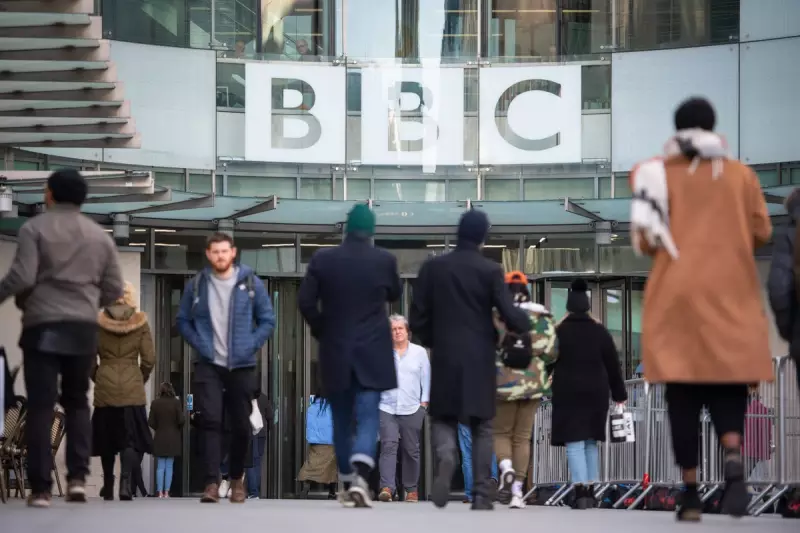
The BBC is facing renewed scrutiny after the author of a memo that triggered a series of high-level resignations gave evidence to MPs, claiming the broadcaster's former director-general had a "blind spot" regarding editorial failings.
MPs Hear Claims of Editorial 'Blind Spot'
Michael Prescott, the author of the bombshell memo, told Members of Parliament that the BBC is not institutionally biased. However, he stated that Tim Davie, who resigned as Director-General in the wake of the controversy, was a "supreme talent" who possessed a significant "blind spot" regarding editorial failings.
The memo at the centre of the storm raised serious concerns about a Panorama episode, which was accused of selectively editing a speech made by Donald Trump before the 2021 US Capitol incident. This reporting has had significant consequences, leading to a potential billion-dollar lawsuit threat from the former US president and prompting an investigation by the US Federal Communications Commission.
BBC Chairman's Regret and Defence
In a separate development, BBC Chairman Samir Shah has publicly expressed his regret over Mr Davie's decision to step down. Mr Shah stated that the board had full confidence in him and that he "shouldn't have stepped down".
The Chairman also moved to deny allegations that the concerns raised in Michael Prescott's memo were ignored by the corporation's leadership. This defence sets the stage for an ongoing internal and external examination of the BBC's editorial processes and governance.
Wider Fallout and Ongoing Investigations
The fallout from the Panorama report continues to extend beyond the BBC's headquarters in London. The legal and regulatory threats from the United States underscore the international dimension of this story.
With a potential lawsuit from Donald Trump and the FCC investigation looming, the broadcaster must navigate a complex period of accountability. The events that began with a memo have escalated into a significant challenge for one of the world's most prominent public service broadcasters.





